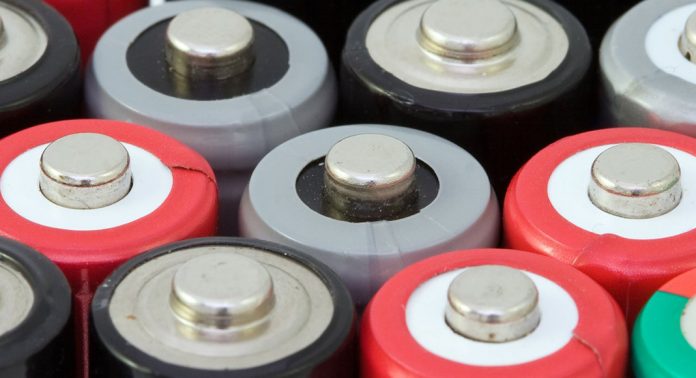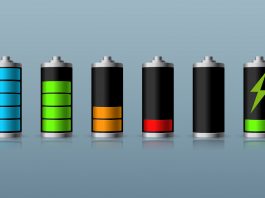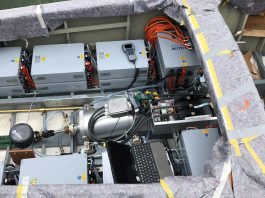The European research initiative BATTERY 2030+ aims to make Europe a world-leader in the development and production of the batteries.
Technology developed under BATTERY 2030+ will increase battery storage, have a longer life, and be more environmentally sustainable. Professor Kristina Edström of Uppsala University, Sweden, coordinator of BATTERY 2030+, said: “We’re finally up and running! This is an important long-term research investment in the field of batteries that will strengthen Europe’s research position and contribute to having an industry that can manufacture the batteries of the future.”
With a budget of €40.5m from Horizon 2020, the initiative consists of several projects operating in three different areas:
- Creating a European infrastructure platform to combine large-scale calculations and experimental studies to map the complex reactions that take place in a battery
- Integrating sensors that examine and report on the battery’s health in real time
- Developing self-healing components that extend battery life and improve safety
Edström added: “We have been working for several years with the roadmap on which we base our research efforts, and which we presented in March this year. Now the various research projects are starting, and we are making sure that our ideas result in new knowledge and new products – and of course in better batteries.”
Projects involved in BATTERY 2030+
The BIG-MAP project will develop AI-based methods of accelerating the discovery of new materials for battery innovation. Led by Professor Tejs Vegge, Technical University of Denmark, the BIG-MAP project seeks to understand which electrode materials and electrolytes can be best combined to get a battery to store as much energy as possible or to be able to charge quickly in different situations.
Led by Dr Maud Priour, CEA France, the INSTABAT project will create four embedded physical sensors and two virtual sensors to perform reliable in operando monitoring of battery cell key parameters. BATTERY 2030+ funds another sensor-based research group, named the SENSIBAT project, which will create sensors that measure batteries’ internal temperature, pressure, conductivity, and impedance. The results produced by project leader Jon Crego, Ikerlan, Spain, will be used to achieve more accurate control and increased performances of the battery throughout its lifetime.
SPARTACUS, led by Gerhard Domann, Fraunhofer ISC, Germany, will develop integrated acousto-mechanical and thermal sensors and combine them with impedance spectroscopy to detect and understand reactions that lead to battery degradation.
BATTERY 2030+’s BAT4EVER, led by Dr Maitane Berecibar, Vrije Universiteit, Brussels, aims to develop and study a new type of Li-ion batteries that integrates self-healing polymers in silicon anodes, core-shell structured cathodes and electrolytes. Similarly, the HIDDEN project, led by Dr Marja Vilkman, VTT, Finland, will study new types of electrolytes and separators with ‘self-healing’ properties.
All projects will run for three years starting 1 September 2020, however, the expansion of BATTERY 2030+ is currently being negotiated and will be announce by Horizon 2020 organisers next year.









